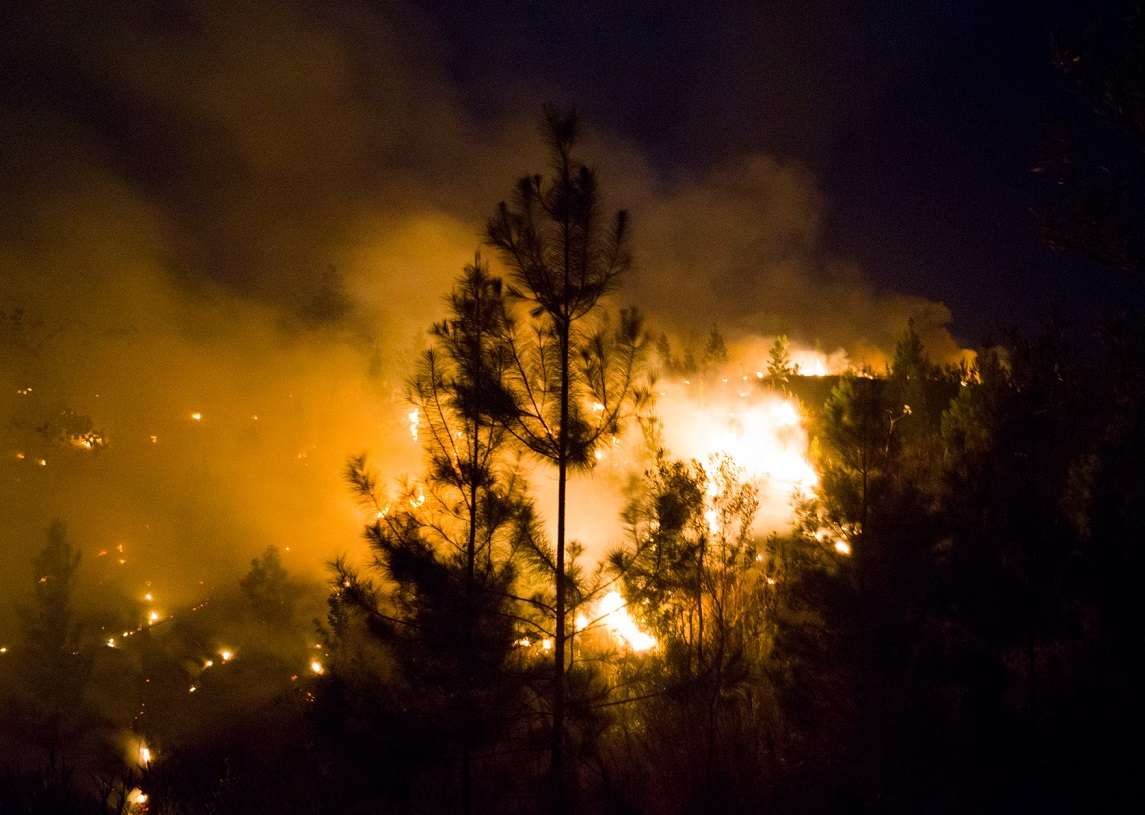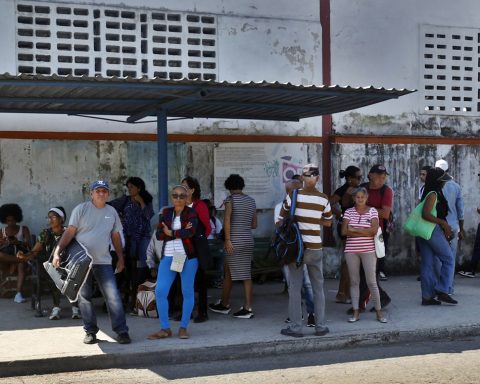Recovery of areas damaged by the current fire in mayaríin eastern Cuba, will take decades in the opinion of specialists.
“Experts say that, after an accident like the one that occurred in Pinares de Mayarí, the recovery of deforested areas requires at least 20 to 40 years,” aim about it the official newspaper Granma.
According to the publication, “although it is very difficult to make an accurate assessment of the losses in biodiversity in the affected area, until the complete extinction of the incident is achieved, preliminary estimates indicate significant damage” to the vegetation of the affected region.
In particular, the text indicates the damage caused by fire “in pine and eucalyptus forests, pastures, coffee plantations and other types of vegetation, which – it points out -, in a highly probable way, include plants in danger of extinct, critically endangered, or in the vulnerable range.
Regarding the fauna, Granma He considers it “almost impossible” to determine for now which species have suffered the greatest impacts, although he notes that “due to the magnitude of the effects observed in their habitats, they could be significant.”
In the same way, it alerts about the damage to the soil, because, he explains, “large forest fires usually cause the loss of vital nutrients that stimulate growth and provide vigor to plants, such as phosphorus, for example.”
Granma refers to a recent study by the Australian National University, according to which “a forest devastated by a forest fire can take decades to recover, even much longer compared to the 30 years or so it would take to do so, after indiscriminate felling” .
He also cites the doctor in Biological Sciences René Capote López, who pointed out that “investigations carried out by Cuban specialists in the Sierra del Rosario Biosphere Reserve, published by Unesco-mab in 1988, showed that the recovery of deforested areas requires, at least, 20 to 40 years”.
The official newspaper explains that “total ecological damage is difficult to quantify”, and adds that “fire not only causes the direct death of animals and plants”, but also “causes indirect effects, such as stress, habitat destruction and food sources, and bring with them the disappearance or displacement of many species”.
The large-scale fire in Pinares Mayarí, Holguín province, has been active for two weeks now and has already damaged more than 5,000 hectares of forests.
According to the journalist Emilio Rodríguez Pupo, “after advancing towards control over the main outbreaks fought during the last 13 days, this Friday another area with a forest fire was registered in the vicinity of Casimba, specifically in the area known as Los Ñames ”.
Besides, a recent dispatch confirmed that the flames had forced the evacuation of more than 100 people in the popular councils of Pinalito and 21 de Abril.
Experts from the Agricultural Meteorology Center of the Institute of Meteorology told Granma that “the intense drought, the number of consecutive days with high temperatures and the notable dryness of the soil, together with the persistence of strong gusty winds” are factors that have favored the spread of the fire in Pinares de Mayarí.
Added to this is the fact that, as happened with others that occurred in the country, the fire “started and spread through places that were difficult to access, which makes the work of extinction more complex.”
According to data from the Cuban Ranger Corps, cited by Granmathe number of forest fires registered so far this year amounts to 277, “a figure that is already close to the number of 284 recorded in 2022, when there are still almost three months left before the most critical stage for their occurrence in our archipelago ( from February 1 to May 31)”.
“The losses caused by these 284 forest fires comprise 1,876 hectares of forest, the highest record in the three previous years. Of that total, 90% was caused by human negligence,” adds the outlet.
The provinces most affected by the flames in 2022 were Pinar del Río, Artemisa, Holguín, Camagüey and the special municipality of Isla de la Juventud.














